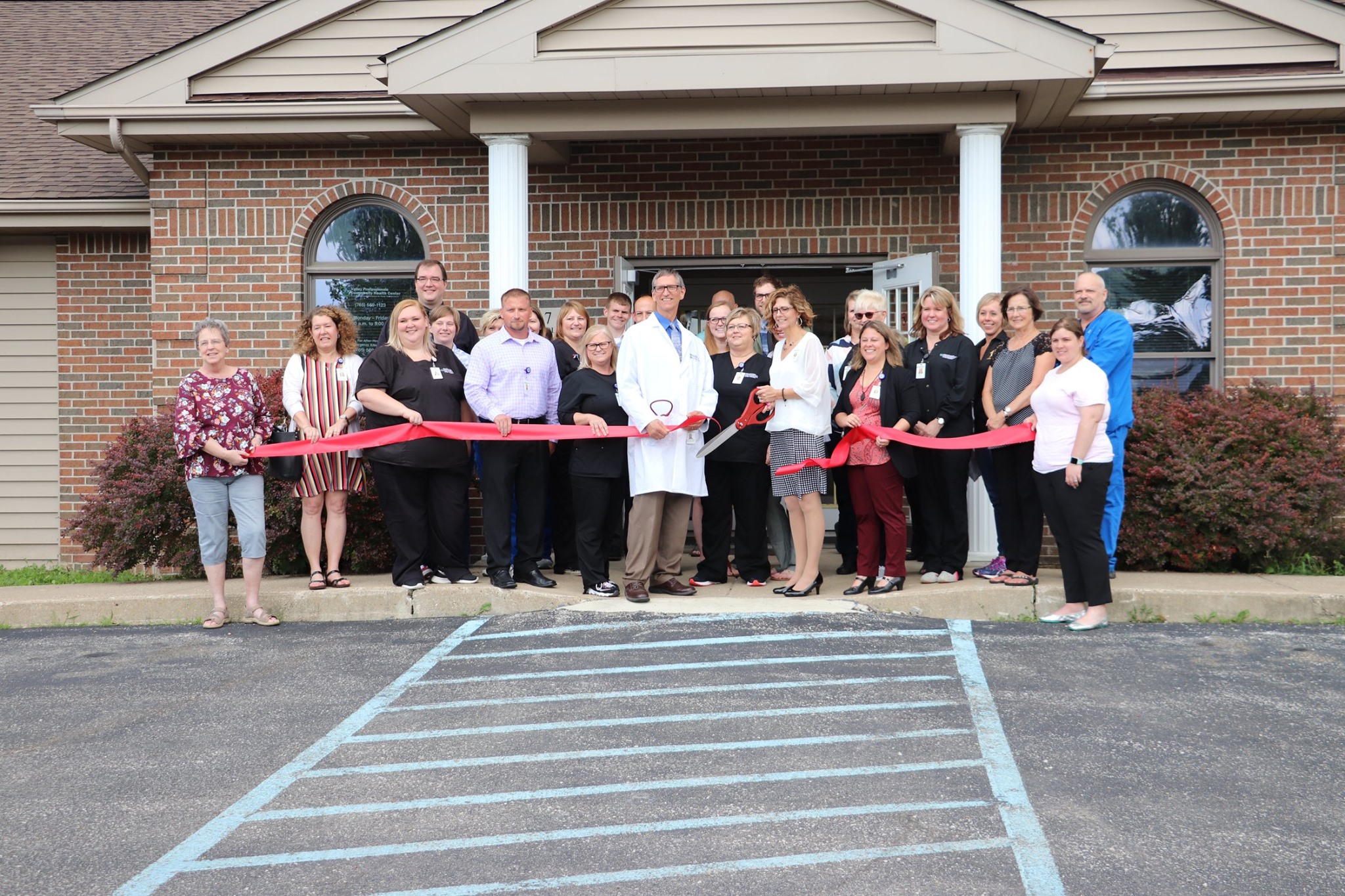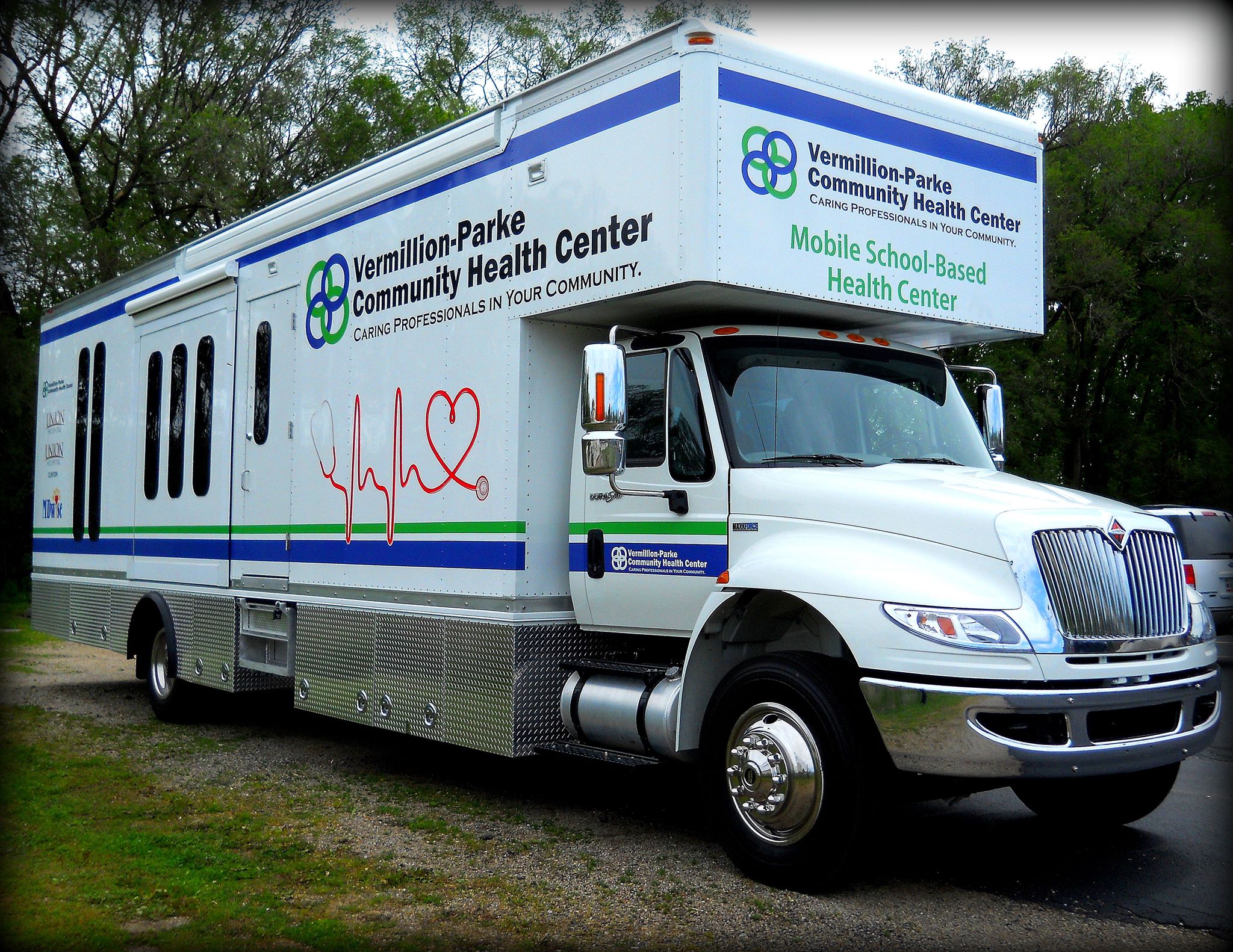Why do I need vitamin D? Vitamin D is a fat-soluble vitamin. It is very important for the development of strong and healthy bones, as it helps the body to absorb the calcium that we get from our diets. For this reason, vitamin D can help to protect older adults from osteoporosis (brittle bones), lowering …
Why do I need vitamin D?
Vitamin D is a fat-soluble vitamin. It is very important for the development of strong and healthy bones, as it helps the body to absorb the calcium that we get from our diets. For this reason, vitamin D can help to protect older adults from osteoporosis (brittle bones), lowering the risk of fractures. Having a normal vitamin D level can also reduce inflammation, and can improve immune function, blood sugar metabolism, nerve function, and muscular function. Vitamin D also plays a role in our moods, and can improve depressive symptoms for some individuals. The recommended daily allowance for individuals ages 1-70 is 600 IU per day. This can be obtained via food, supplementation, or UV exposure. For this blog post, we will focus our attention on UV exposure as a source of vitamin D.
Some experts think that 5–30 minutes of sun exposure between the hours of 10 a.m. and 4 p.m. every day or as little as twice a week to the face, arms, hands, and legs without sunscreen can produce the recommended daily amount of vitamin D. The problem is that clouds, skin tone, age, etc. can affect how much vitamin D is made by your body in response to the sun exposure. There is no good way to measure the amount of sun exposure necessary to achieve a normal vitamin D level. We also must consider that most people in the Midwest work indoors, and do not get outside with exposed skin for nearly half of the year due to winter weather. And we can’t ignore that when we get our vitamin D from the sun, we are inadvertently exposed to harmful UV rays.
Occasionally sun exposure is good, but frequent UV exposure can increase your risk for developing skin cancer. For this reason, please talk to your healthcare provider about vitamin D testing and supplementing with food, prescription replacement, or over the counter supplementation.
By: Gwyn Morson, FNP
Source:
https://www.cdc.gov/cancer/skin/basic_info/sun-safety.htm
https://ods.od.nih.gov/factsheets/VitaminD-HealthProfessional/




Book a Consultation
It’s easy and free!






















